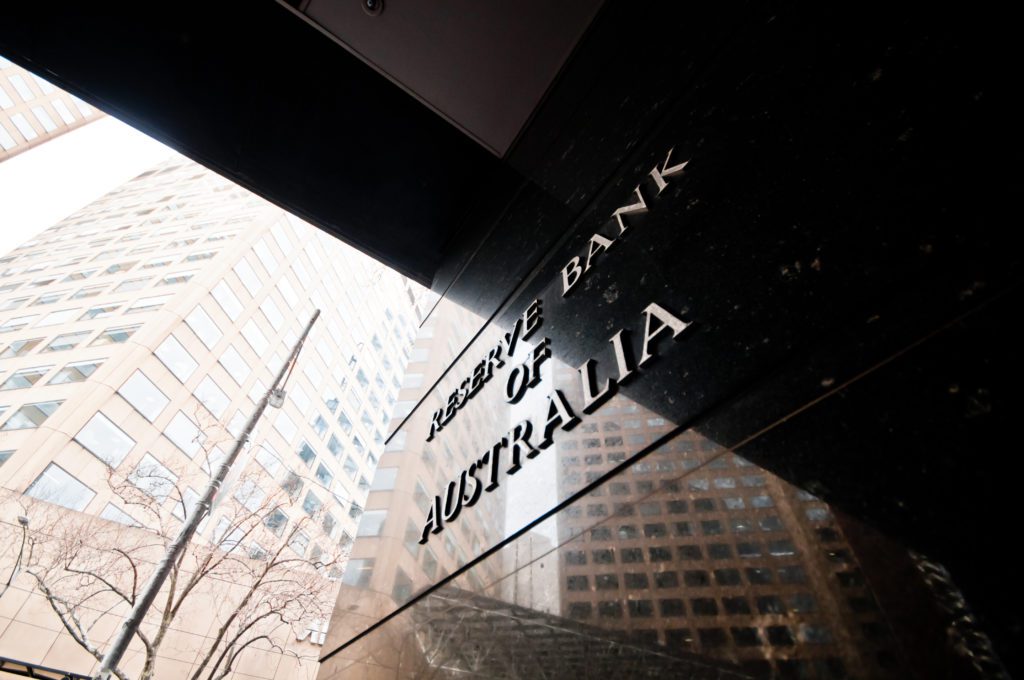FLOODS, WAR & INTEREST RATES
It has been a devastating week of news across the world. Wild, ongoing weather is causing widespread flooding across the east coast of Queensland and New South Wales, destroying homes and businesses. On the other side of the globe, lives are being lost after Russia launched an attack on Ukraine based on false claims with…

It has been a devastating week of news across the world. Wild, ongoing weather is causing widespread flooding across the east coast of Queensland and New South Wales, destroying homes and businesses. On the other side of the globe, lives are being lost after Russia launched an attack on Ukraine based on false claims with surprising similarities to those that started WWII.
These major events have come up multiple times in conversation this week with people asking how they could affect the real estate market, as well as ongoing talk of what’s happening with interest rates, so we thought it would be beneficial to break it all down. We are passionate about educating the community and being a strong voice of reason during these unsettling times.
FLOODS
Before the wet weather hit, it was no secret the construction industry was already struggling to meet demand after incredible pressure exacerbated supply issues. These floods not only put more strain on these challenges through the ability to deliver and receive stock but a whole new demand is also being created through the repairs and reconstruction that will be required.
It’s highly likely this will result in construction costs rising even further. There are industry concerns builders who were already fighting to keep their businesses above water, won’t be able to sustain this next blow, resulting in even more insolvencies and placing greater pressure on the supply chain.
This high demand and low cost of funding environment is likely to drive house prices into 2023 at least. For some regions, such as the Sunshine Coast, there isn’t a clear solution to the supply and demand challenges in the short or even medium term.
RUSSIA VS UKRAINE

The war in Ukraine represents a massive shift in the geopolitical environment and a time of change similar to the beginning of the cold war, albeit in reverse. We are likely to see a further shift away from the globalisation and relatively stable environment of the last 30 years, where the US was the largest economy and ‘superpower’ to a time more akin to the start of the last century. The rise of China as a rapidly growing military force, its likely ascension to the largest economy in the world, Russia’s machinations of the Soviet Union of old and the current foreign policy of the US will likely result in a future that involves more conflicts and economic uncertainty, both of which are challenging for the financial markets but can actually be beneficial for the property market, just as we discussed in our previous article.
INTEREST RATES

Despite the fact that banks are suggesting that the surprise inflation will put pressure on the RBA, it is remaining clear in its position to understand more about what is happening in the economy before making any decisions. The RBA’s view remains unchanged and it’s likely we won’t see a rise in the cash rate until 2023 at the earliest and still intimating that it could be 2024.
Regardless of when they occur, it is unlikely that interest rate rises (either as a result of an increase by the RBA or driven by bank increases) over the next few years will have any material impact on property prices. Those with long term loans have been paying down their homes at historically low rates and well ahead on payments, and those who have applied for a loan in recent years can afford rates to rise more than 2 percent before there is any real impact (as when you are assessed for loan serviceability they ensure you can pay at a rate that is 3 percent higher than the current rate). Those with loans can afford them and substantial increases in interest rates.
It is unlikely interest rates will rise more than 2 percent over the next 2 years. In other words, money is likely to remain ‘cheap’, in a high-demand market.
The real threat to price growth remains ‘over regulation’. The application of macroprudential policy, such as increasing deposit amounts, restricting the number of investment loans, and other limitations on banks and borrowers, has shown to slow the property market in the past. The issue with this is that it does not solve the supply issue and puts a false anchor on demand actually creating pent-up demand. This ‘kicking the can down the road’ will always have its reckoning as you can’t treat supply-side issues with demand-side solutions.
There will always be wars and rumours of wars. There will always be debate about appropriate monetary and fiscal policy measures. We live in the land of ‘drought and flooding rains’, not to mention bush fires. At the end of the day, financial market collapses, extreme weather events, and wars can drive property markets rather than limit them. So what do all of these things have in common? There is way too much opinion and speculation going around at the moment which in turn creates confusion.
There is not enough focus on what’s really important – which is you, your circumstances, what you want to achieve and the specific markets that will generate the opportunity for you to leverage that.
If this is the support you are looking for, reach out today for a chat with one of our expert property coaches.






